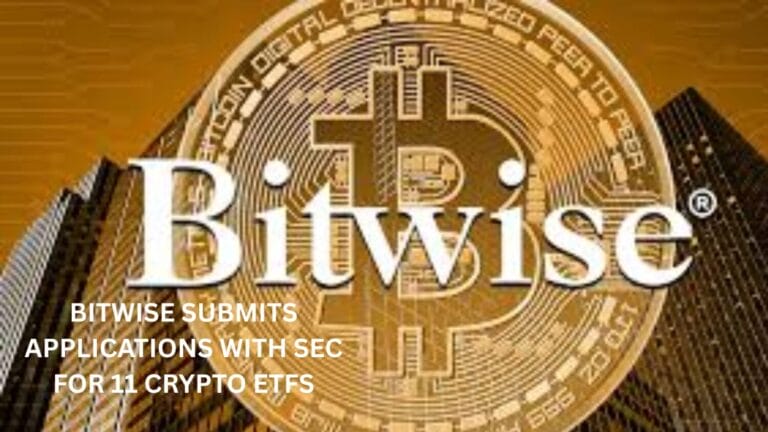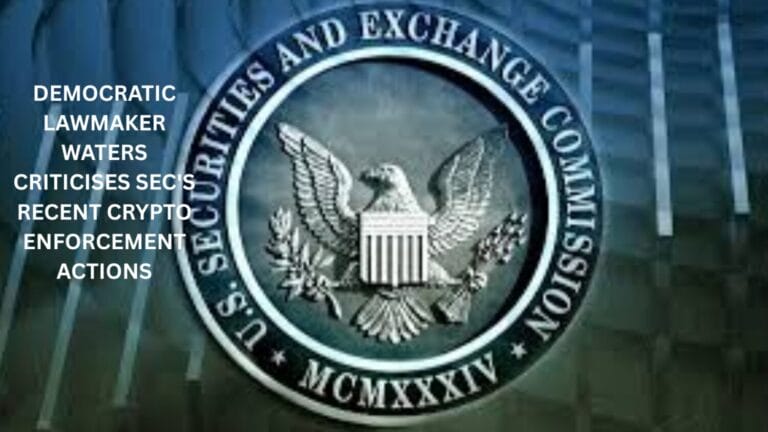Key Takeaways
- The license allows GRVT to integrate DeFi with CeFi under regulatory oversight
- GRVT plans to expand its operations by pursuing a Class Full (F) license by mid-2025.
Hybrid crypto exchange GRVT has received a Class Modified (M) Digital Asset Business License from the Bermuda Monetary Authority (BMA), enabling it to operate as a regulated decentralized exchange (DEX). This license allows GRVT to integrate decentralized finance (DeFi) with centralized finance (CeFi) under regulatory oversight, reflecting the growing trend of combining innovation with compliance in the cryptocurrency sector.
GRVT’s approval process spanned 15 months, during which the company conducted internal mainnet testing with institutional clients. With the Class M license secured, GRVT plans to expand its operations by pursuing a Class Full (F) license by mid-2025. The expanded license would allow the firm to move beyond a sandbox environment and broaden its services.
The hybrid CeDeFi model adopted by GRVT aims to combine the transparency and decentralisation of DeFi with the oversight and structure of CeFi. This approach seeks to address concerns about DeFi’s perceived lack of regulation and safety, which have historically deterred institutional participation. By blending these models, GRVT aims to provide financial services that are both innovative and compliant.
Since its establishment in November 2022, GRVT has built partnerships with 55 institutional clients and claims a monthly testnet trading volume of $4.2 billion. It also reports over 20,000 retail users who have completed Know Your Customer (KYC) verification. The company plans to officially launch its mainnet in two weeks, making its trading volumes publicly available through major external data platforms.
GRVT’s CEO, Hong Yea, emphasized the potential for regulation and decentralization to coexist in the cryptocurrency ecosystem. He noted that institutions often view DeFi as unregulated and risky, but regulated platforms like GRVT aim to bridge that gap by offering a secure and compliant environment.
Bermuda has positioned itself as a supportive jurisdiction for digital assets through its Digital Asset Business Act (DABA) of 2018 and the Digital Asset Issuance Act of 2020. Bermuda’s regulatory framework has attracted over 30 licensed crypto companies, including established names like Coinbase and Bittrex.









